Note: This text was created with the help of AI.

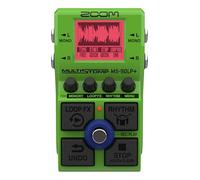
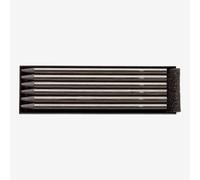
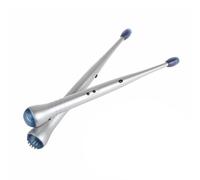
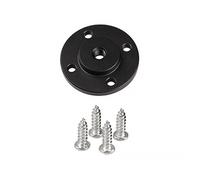
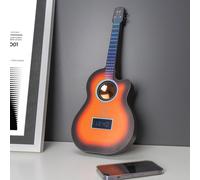
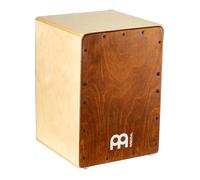
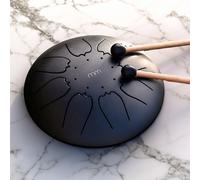
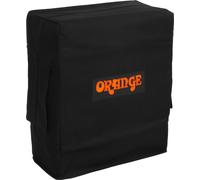
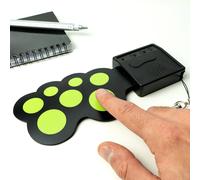
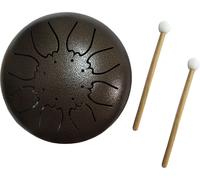
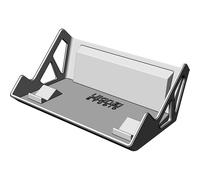
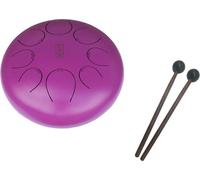


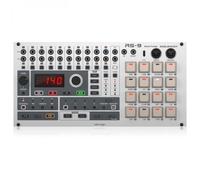
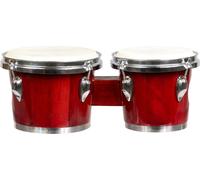

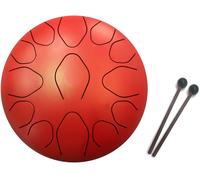
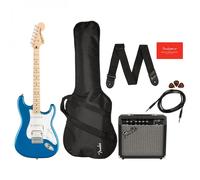
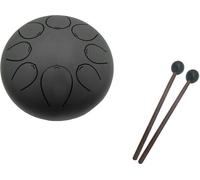
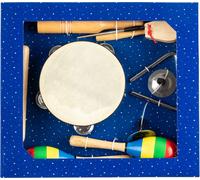

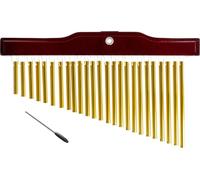

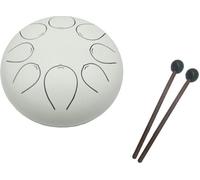
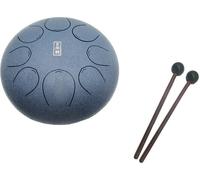

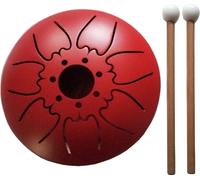

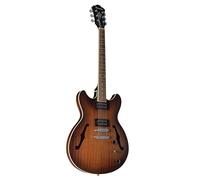
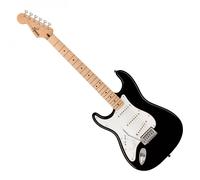




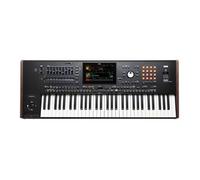
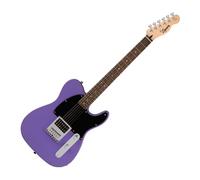

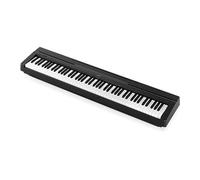
- 1
- 2
- 3
- 4
- 5
- next page
Exciting Offers for Musical Instruments
Learning a musical instrument in early childhood contributes significantly to the development of your offspring. Making music with others promotes a sense of community and connects across religions, languages and ethnicities.
It also develops social skills and a sense of responsibility. Once your child owns a musical instrument, he or she must care for and maintain it. In addition, group lessons are about mutual respect. Here, children learn that everyone is allowed to make mistakes and everyone is to be treated with fairness. Whether it is listening to each other while playing or talking.
Furthermore, playing a musical instrument trains coordination as well as memory. By and large, many instruments train perceptive and combinative skills as well as eye-hand and eye-hand-foot coordination.
Making music stimulates both hemispheres of the brain, which not only improves playing itself, but also improves academic performance. This was the result of a study by scientist Martin Guhn.
For toddlers, xylophones, drums and sound tubes are particularly suitable for learning rhythmic tapping. Rattles and castanets are then used to develop a sense of rhythm and can be expanded at a later age with more complicated musical instruments such as keyboards, children's guitars or flutes.
Unfortunately, toddlers cannot play all instruments due to their size. This includes, for example, double bass or trombone. You probably think that the piano is also one of them. However, this is not the case. It is one of the most popular musical instruments among young musicians.
In the meantime, some instruments are even specially designed for children, so that they also have the opportunity to play a cello or a guitar.
The entry-level instrument is probably the harmonica. It is quick and easy to learn, which is due to the logically arranged notes. In addition, it has a fixed pitch, so that you hit every note immediately.
This is probably what you want when you buy your child a recorder. But this instrument is relatively demanding. To be able to play it, you need different fingerings for the individual notes. In addition, with this instrument you usually need a music teacher to teach you and you probably only learn classical pieces of music. It is no wonder that most children quickly lose the fun of playing the recorder. Nevertheless, the recorder is part of the music lessons in many schools. This is sometimes only because it is easy to transport and does not require electricity.
Better suited is an electric keyboard. Because with no instrument you are so flexible in the different music styles. The device has hundreds of sounds under the keys, which are good for an electronic music lover. Moreover, the instrument tends to train your sense of rhythm.
Instruments such as guitar, drums, bagpipes, theremin, piano, organ, violin and trumpet are considered to be particularly difficult. With all of these instruments, it usually takes years until you have a good command of them.
Basically, you distinguish guitars in Western and classical guitar. Western guitars are covered with steel strings, whereas classical guitars use nylon strings.
This material has several advantages, especially for beginners. Nylon strings simply do not hurt as much as strings made of steel. Since you have to use your fingertips to grasp the strings, you will get an unpleasant feeling at the beginning. This only decreases as soon as calluses have formed.
Exciting Offers for Musical Instruments
At pricehunter.co.uk, you can explore a fantastic range of musical instruments that cater to musicians of all levels. Whether you’re a budding artist or a seasoned performer, our platform brings together various offers from reputable shops, making it easier than ever to find the perfect instrument at the right price. Dive into our buying guide to understand what to look for when shopping for your musical companion.
Understanding Different Instrument Categories
Before making a purchase, it's essential to familiarize yourself with the different categories of musical instruments. Each category serves a unique purpose and offers various styles. Here’s a quick breakdown:
- String Instruments: Guitars, violins, cellos
- Percussion Instruments: Drums, tambourines, marimbas
- Wind Instruments: Flutes, trumpets, saxophones
- Keyboard Instruments: Pianos, organs, synthesizers
- Electronic Instruments: MIDI controllers, electronic drum kits
Choosing the Right Instrument for Your Skill Level
Your skill level plays a crucial role in selecting the right musical instrument. Different levels of expertise require different features and qualities. Consider the following:
- Beginner Instruments: Affordable models, easy to play, durable
- Intermediate Instruments: Better sound quality, more features, versatile
- Advanced Instruments: Professional-grade materials, superior craftsmanship
- Hybrid Options: Instruments suitable for both beginners and experienced users
- Specialty Instruments: Unique designs for niche players or genres
Understanding Pricing and Budgeting
When shopping for a musical instrument, understanding pricing helps you make better decisions. Prices can vary widely based on brand, quality, and features. Here’s how to approach your budget:
- Set a Budget: Determine how much you’re willing to spend
- Research Prices: Compare offers from different shops on pricehunter.co.uk
- Look for Sales: Seasonal discounts, clearance items, and holiday offers
- Consider Used Options: Affordable second-hand instruments can be a great deal
- Quality vs. Price: Sometimes, it’s worth investing more for better quality
Features to Consider
Different instruments come with various features that can enhance your playing experience. Keep an eye out for important specifications that match your needs:
- Material Quality: Wood, plastic, or metal affects sound quality
- Portability: Lightweight designs for musicians on the go
- Sound Variation: Instruments with adjustable settings for versatile sound
- Accessories: Included items like cases, cables, or stands
- Warranty: Coverage for repairs or defects can add peace of mind
Maintenance and Care for Your Instrument
To ensure your musical instrument lasts for years, proper maintenance is vital. Here are some key care tips to keep your investment in top shape:
- Regular Cleaning: Wipe down surfaces and clean strings
- Temperature Control: Store in a climate-controlled environment
- Periodic Checks: Inspect for wear and tear, especially on strings and pads
- Proper Storage: Use cases or stands to prevent damage
- Professional Servicing: Consider having it serviced annually by a technician
Note: This text was created with the help of AI.